Peaches for Babies – Benefits and Recipes
- Can Babies Eat Peaches?
- When Can Infants Start Eating Peaches?
- Nutritional Value of Peaches
- Amazing Benefits of Peaches for Infants
- Selection and Storage of Peaches
- How to Process Peaches for Your Child
- Can Babies Be Allergic to Peaches?
- Food Combinations With Peaches for Baby
- Peach Recipes
- FAQs
As your baby begins to transition from milk to solids, introducing fruits like peaches for baby can be a fantastic option. Peaches stand out among the many fruits you might think of due to their delightful blend of sweet and slightly tangy flavors. This unique taste profile can be an excellent way to stimulate your baby’s taste buds and help them develop a preference for diverse flavors. Not only taste, but the nutritive value of peach is quite substantial and makes it a healthy food choice for your child, too. By incorporating peaches into your baby’s diet, you’re offering them a nutritious, tasty, and healthy food choice that supports their overall well-being.
Can Babies Eat Peaches?

Before you get excited and wonder how to make baby food with peaches, it is important to know whether babies can have peaches in the first place. Fortunately, the answer to that is a resounding yes. Not only can they have it, but it is also a wonderful first choice of introducing your little one to the world of solids. Make it into a puree or mix it with other food items, your child will love tasting the fruit.
When Can Infants Start Eating Peaches?
Peaches can be introduced to your baby roughly around the same time when you’d begin to introduce solids to him. Many parents opt to do so right from 6 months or even 4 months since it is just a fruit. It is always recommended to wait until the baby is a year old or so before introducing proper solids. Refer to your paediatrician’s recommendation regarding this matter.
Nutritional Value of Peaches
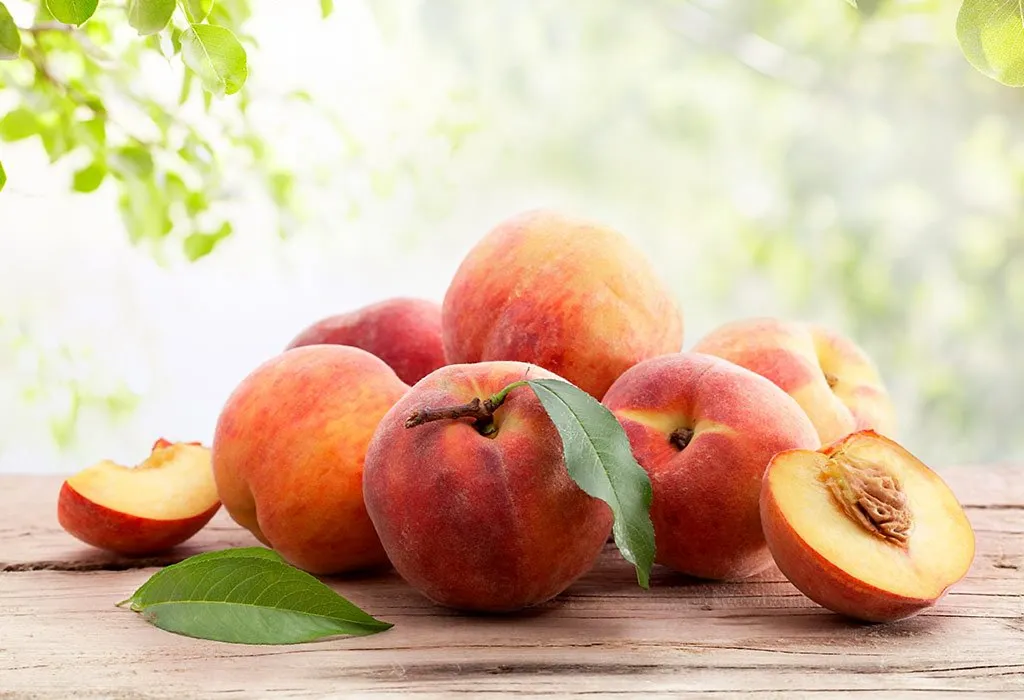
The nutrients that are present in a medium-sized unskinned peach are as follows:
| Description | Quantity |
| Potassium | 195 mg |
| Magnesium | 7.1 mg |
| Phosphorous | 12.5 mg |
| Calcium | 4.8 mg |
| Selenium | 0.5 mg |
| Niacin | 1 mg |
| Folate | 5.6 mg |
| Vitamin A | 525 IU |
| Vitamin C | 20 mg |
Other vitamins and minerals such as iron, zinc, etc. are present in minimal quantities.
Amazing Benefits of Peaches for Infants
Here are some of the benefits of eating peaches for infants.
1. Development of the Eyesight
Peaches are a good source of vitamins, namely Vitamin A and Vitamin C. Both these vitamins are accompanied by a number of other antioxidants, such as beta-cryptoxanthin, zeaxanthin and even lutein. All of these work in tandem to boost the development of the baby’s eyesight and help achieve a sharper vision.
2. Maintaining Optimal Hydration Levels
Most peaches are available as the summer starts setting in and their ripening begins. This leads to them consisting of nearly 85% of water within their bodies. This helps provide good amounts of waters balanced with salts, which help in keeping the body hydrated.
3. Enhancing Blood Circulation
One of the key ingredients that are necessary for helping the development of the little one’s circulatory system and enhancing blood flow is potassium. The quantity of potassium, even in a medium-sized peach, is substantial enough to provide the health benefit required for good circulation.
4. Protecting the Kidney Function
Many fruits and vegetables have numerous health benefits, but the presence of sodium in their constituency renders then unpalatable. Consuming large quantities of sodium affects the babies quite a lot since their kidneys have not developed fully to begin processing it. Peaches bring a ton of nutrients to the table and no sodium at all. This makes them an extremely safe and viable option to give to your child.
5. Supporting Bone Development
Bone development in babies is at the highest as the body starts growing rapidly. Peaches provide fluoride that helps develop the teeth properly and prevent any sort of early decay. Moreover, the quantities of phosphorous and calcium are a super-boost to providing great bone strength and making your baby strong.
Selection and Storage of Peaches
Peaches may not be available all year round. So selecting the ones that can last the longest and store them in the appropriate manner becomes extremely necessary.
How to Select
Fresh peaches are available in the largest quantities across the time period of May down to October. The colour of the fruit plays a key role and peaches that have a strong hue of pink or orange are the best ones. Whenever a peach gets ripe, the skin softens and it can be gently pressed while staying firm. Opt for peaches that don’t have any patches on the skin or outer damage. Many commercial peach farms make substantial use of pesticides to grow the fruit. So when buying for your baby, prefer peaches that are grown organically.
How to Store
Once purchased, wash the peaches as extensively as possible with water. Any chemicals, pesticides, and dirt present on the outside will be removed right away. If you are sure about storing the peaches, slightly unripe peaches can always be opted for.
Put the fruits in the refrigerator in a safe plastic bag. Before eating them, take them out beforehand and let them return to room temperature so that the flavour is at its strongest when consuming.
How to Process Peaches for Your Child
Processing peaches so that they are ready to be eaten by your kid is a fast and simple process. It is best to keep the peaches unskinned so as to ensure the highest nutrients are received by your child. Any patchy sections can be removed without peeling off the entire skin.
1. Boiling
To process the peaches, first, boil about 3-4 cups of water in a large bowl and then add peaches to it by chopping it. Let it boil together for another 5 minutes so that it gets soft and tender. Once they have been taken out and cooled, they are ready to be processed.
2. Steaming
Another technique to prepare peaches is by steaming them. Use a pan with a small layer of water and place large pieces of the peach fruit on it. Cover the pan and heat it until the water starts boiling. When deciding how long to steam peaches for baby food, you can reduce the flame and let it simmer up to the degree of tenderness you’d want the peaches to be at.
3. Baking
Prepare the oven by heating it to around 200 degrees. Arrange large pieces of the peach fruit on a tray and layer about 2 inches of water at the base. Place the tray in the oven and let it bake for about 45 minutes until the skin starts wrinkling.
Can Babies Be Allergic to Peaches?
Most allergens in the peaches tend to disappear when they are cooked properly. It’s always preferable to cook the peach than give it in raw form. However, if your baby starts showing signs of breathing trouble, rashes, swelling of the stomach or even stomach-ache, there are chances of your baby having a peach allergy. Take your doctor’s opinion right away on spotting these signs. Allergies to peaches are rare, though individuals with Oral Allergy Syndrome (or who are allergic to birch pollen or certain grasses) may be sensitive to peaches. As with introducing any new food, start by offering a small quantity for the first couple of servings.
Food Combinations With Peaches for Baby
Introducing your baby to peaches can be an exciting journey into the world of solids. Peaches offer a naturally sweet flavor and a variety of essential nutrients that can be beneficial for your little one. To make the most of this delightful fruit, consider pairing peaches with other foods to create nutritious and tasty combinations.
1. Peach and Oatmeal
Combining peaches with oatmeal makes for a hearty and wholesome meal. Cook the oatmeal and mix in finely chopped or pureed peaches. This combination provides your baby with fiber, vitamins, and a creamy texture that’s easy to enjoy.
2. Peach and Greek Yogurt
For a refreshing and protein-packed snack, mix pureed peaches with Greek yogurt. This blend offers a balance of sweet and creamy, plus the added benefits of probiotics and calcium from the yogurt, supporting your baby’s digestive health.
3. Peach and Banana
Mash peaches with ripe bananas for a naturally sweet and smooth puree. This combination is not only delicious but also rich in vitamins and minerals. The blend of fruits can be a great way to introduce different textures and flavors to your baby.
4. Peach and Sweet Potato
Combine cooked and pureed peaches with sweet potato for a nutritious and filling meal. The sweetness of the peaches complements the creamy texture of the sweet potato, making it a satisfying option that’s high in vitamins and fiber.
Peach Recipes
You can try some of these recipes with peaches for your baby.
1. Wheat and Peach Porridge
A safe and gentle way to introduce a new flavour to your little one.
What You Need
- Broken wheat
- Peaches, chopped
- Water
How to Make
- Place the broken wheat in a bowl of water and cook it until it is fully tender without the presence of any chunks.
- Cook the peaches separately and mash them to form a puree. Keep it aside.
- On completely cooking the wheat, add the pureed peaches for baby to it and mix it well. Let it cook for a few more minutes and then let it cool.
2. Ragi and Peach Puree
A delicious and nutritious peach puree for the baby that contains a lot of proteins and amino acids.
What You Need
- Ragi flour
- Peaches, chopped
- Water
How to Make
- Boil or steam the peaches to process them and then put them in a blender. Run it to form a nice puree.
- Add the remaining peach stock to a bowl along with the ragi flour and some water.
- Mix it well to prevent the formation of clumps and cook it on a medium flame.
- Follow it up by pouring the puree into it and let it cook for a few more minutes before serving the baby.
3. Oatmeal Porridge With Peaches
The sweetness and nutrition of peaches, combined with the fibrous strength of oats.
What You Need
- Oats, grounded
- Peaches, chopped
- Water
How to Make
- Cook the peaches properly to process them first and keep them aside. Use the same water to put the oats in it and cook them well.
- Put the peaches in a blender and run them or mash them together to form a nice puree.
- Once the oats have become soft, add the pureed peaches to it and let them cook for a few more minutes.
- Let it cool down and the peach oatmeal baby food is ready to serve.
4. Carrot and Peach Puree
The combination of vitamins and beta-carotene to provide the eyes with the sight they deserve.
What You Need
- Carrot, chopped
- Peaches, chopped
- Water
How to Make
- Boil, steam, or bake the peaches to process them well. In a separate bowl, cook the carrots in parallel since they take a longer time.
- Put the carrots and the peaches together in a blender and run it to form a puree with the desired thickness.
- If you need to thin it, add the remaining carrot stock to it since it already has a lot of nutrients.
5. Peachy Chicken Dish
For your grown-up baby who can eat chicken, this will be a great twist on a dish he already loves.
What You Need
- Chicken breasts, boneless, skinless
- Peeled and cubed peaches
- Peeled and cubed sweet potato
- Apple juice
- Ginger, grounded
How to Make
- Take a saucepan and add chopped chicken pieces and apple juice to it along with other ingredients. Boil it.
- Reduce the flame and once they are tender, mash them together to form a thick puree for your baby.
6. Peach and Avocado Smoothie
A creamy and nutrient-rich smoothie for a refreshing treat.
What You Need
- Ripe peaches, peeled and chopped
- Ripe avocado
- Breast milk, formula, or water
How to Make
- Blend the peaches and avocado until smooth.
- Add a small amount of breast milk, formula, or water to achieve the desired consistency.
- Serve immediately or refrigerate for a short time before serving.
FAQs
1. Can peaches contribute to diaper rash in babies?
Peaches are acidic, and in some cases, the acidity can contribute to diaper rash, especially if your baby has sensitive skin. If you notice a correlation between eating peaches and diaper rash, try reducing the quantity and observe if the rash improves. Ensure that you also maintain good diaper hygiene.
2. Is it safe to freeze peaches for baby food, and if so, how should they be thawed?
Freezing peaches is a great way to preserve them for baby food. To freeze peaches, peel, pit, and slice them before placing them in an airtight container or freezer bag. When thawing, do so in the refrigerator or by using a microwave at a low setting to avoid uneven heating. Always check the temperature and consistency before serving to ensure it’s safe for your baby.
3. Can the consumption of peaches affect the absorption of iron in my baby’s diet?
Peaches are high in vitamin C, which can actually enhance the absorption of iron from other foods. However, if peaches are consumed in very large quantities or paired with iron-poor foods, it might be beneficial to ensure a balanced diet that includes iron-rich foods to support optimal nutrition for your baby.
The nutritional value of peaches and the overall absence of allergens makes it a great fruit for your baby. You can make use of homemade peach baby food recipes to create tasty dishes and start introducing them to your baby. The flavour will turn him into a fan of this great fruit within no time.
References/Resources:
1. Peach; Solid Starts; https://solidstarts.com/foods/peach/
2. Peach, raw; Food Data Central; U.S. Department of Agriculture; https://fdc.nal.usda.gov/fdc-app.html#/food-details/1102677/nutrients
3. When, What, and How to Introduce Solid Foods; CDC Nutrition; https://www.cdc.gov/nutrition/infantandtoddlernutrition/foods-and-drinks/when-to-introduce-solid-foods.html
4. Health Benefits of Peaches: A Delicious Summer Fruit; Rutgers; https://njaes.rutgers.edu/sshw/message/message.php?p=Health&m=301
5. Concern over canned foods; Consumer Reports; https://www.consumerreports.org/cro/2012/05/concern-over-canned-foods/index.htm
6. Constipation; Seattle Children’s Hospital; https://www.seattlechildrens.org/conditions/a-z/constipation/
7. Kant. R, Shukla. R, Shukla. A; A Review on Peach (Prunus persica): An Asset of Medicinal Phytochemicals; ResearchGate; https://www.researchgate.net/publication/323258290_A_Review_on_Peach_Prunus_persica_An_Asset_of_Medicinal_Phytochemicals; January 2018
Also Read:
Pear for Babies
Oranges for Infants
Watermelon for Babies
Mango for Babies
Was This Article Helpful?
Parenting is a huge responsibility, for you as a caregiver, but also for us as a parenting content platform. We understand that and take our responsibility of creating credible content seriously. FirstCry Parenting articles are written and published only after extensive research using factually sound references to deliver quality content that is accurate, validated by experts, and completely reliable. To understand how we go about creating content that is credible, read our editorial policy here.






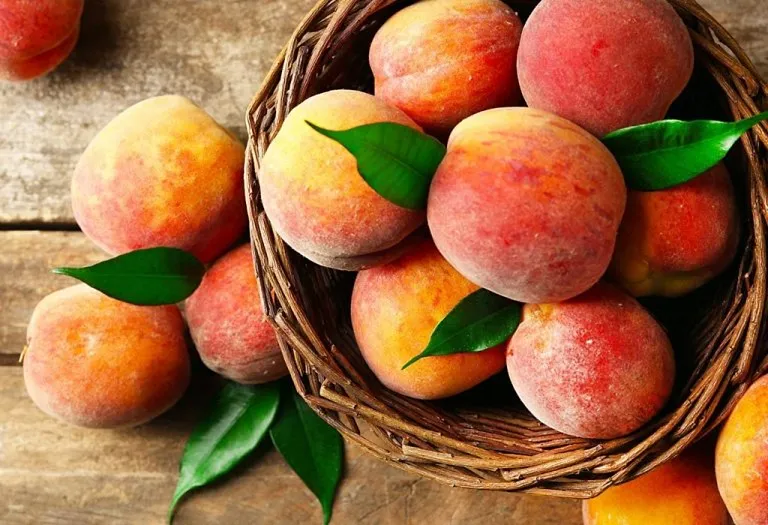
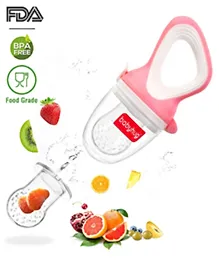
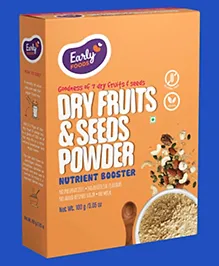
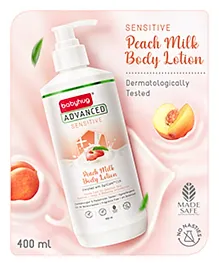
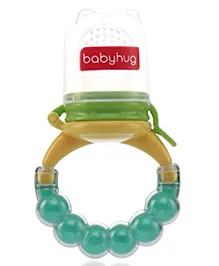
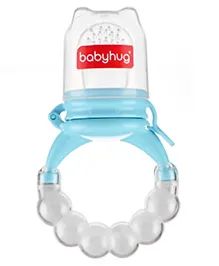
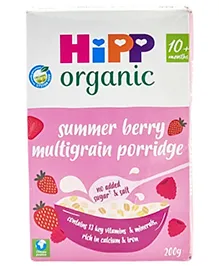
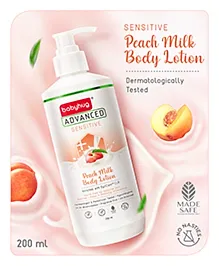
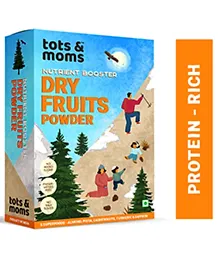
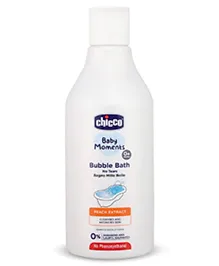
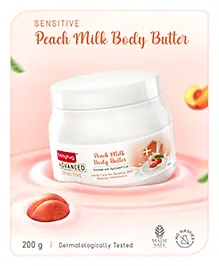
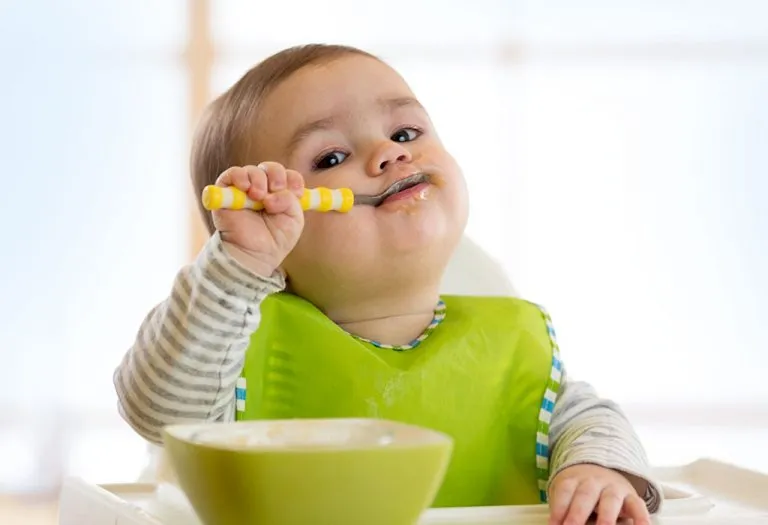
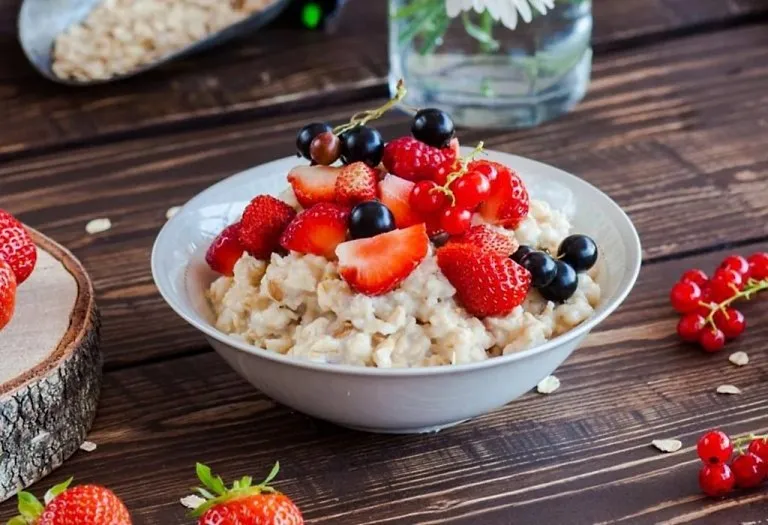
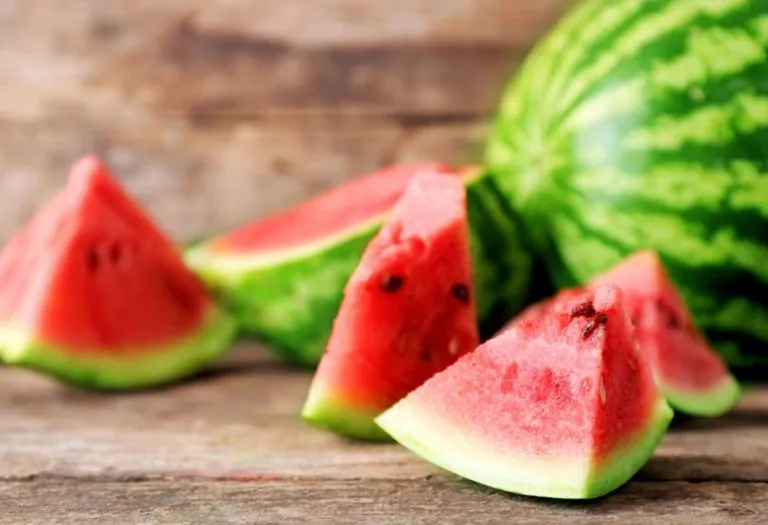
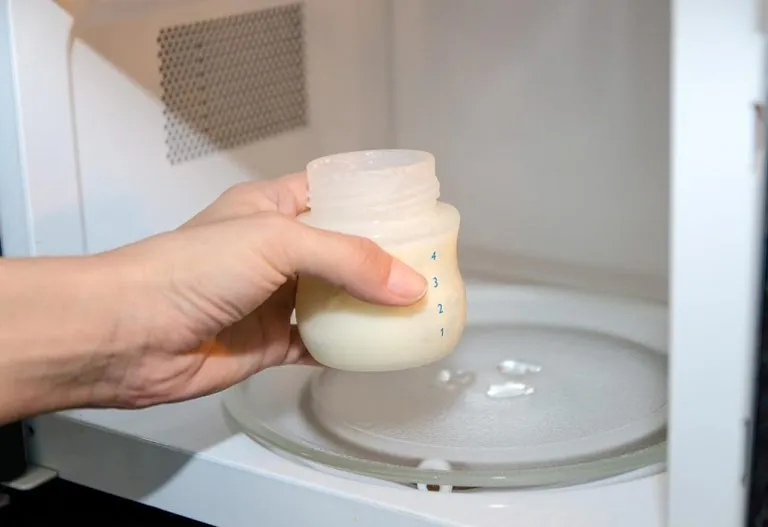



.svg)


















